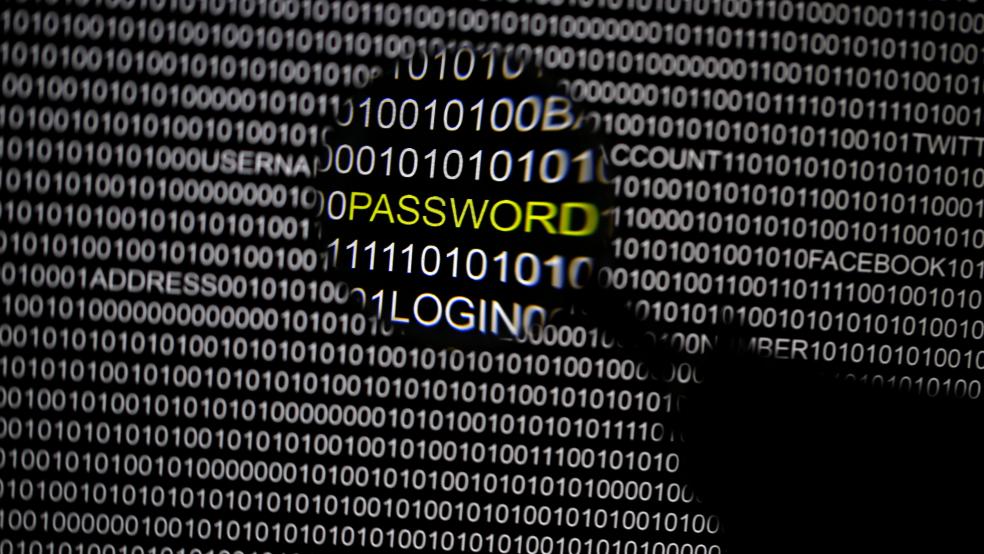In the past few years, the devastating effects of hackers breaking into an organization’s network, stealing confidential data, and publishing everything have been made clear. It happened to the Democratic National Committee, to Sony, to the National Security Agency, to the cyber-arms weapons manufacturer Hacking Team, to the online adultery site Ashley Madison, and to the Panamanian tax-evasion law firm Mossack Fonseca.
This style of attack is known as organizational doxing. The hackers, in some cases individuals and in others nation-states, are out to make political points by revealing proprietary, secret, and sometimes incriminating information. And the documents they leak do that, airing the organizations’ embarrassments for everyone to see.
Related: 5 Ways to Protect US Elections From Hacking
In all of these instances, the documents were real: the email conversations, still-secret product details, strategy documents, salary information, and everything else. But what if hackers were to alter documents before releasing them? This is the next step in organizational doxing—and the effects can be much worse.
It’s one thing to have all of your dirty laundry aired in public for everyone to see. It’s another thing entirely for someone to throw in a few choice items that aren’t real.
Recently, Russia has started using forged documents as part of broader disinformation campaigns, particularly in relation to Sweden’s entering of a military partnership with NATO, and Russia’s invasion of Ukraine.
Forging thousands—or more—documents is difficult to pull off, but slipping a single forgery in an actual cache is much easier. The attack could be something subtle. Maybe a country that anonymously publishes another country’s diplomatic cables wants to influence yet a third country, so adds some particularly egregious conversations about that third country. Or the next hacker who steals and publishes email from climate change researchers invents a bunch of over-the-top messages to make his political point even stronger. Or it could be personal: someone dumping email from thousands of users making changes in those by a friend, relative, or lover.
Related: Powell reveals disgust with Trump, distaste for Clinton in hacked emails
Imagine trying to explain to the press, eager to publish the worst of the details in the documents, that everything is accurate except this particular email. Or that particular memo. That the salary document is correct except that one entry. Or that the secret customer list posted up on WikiLeaks is correct except that there’s one inaccurate addition. It would be impossible. Who would believe you? No one. And you couldn’t prove it.
It has long been easy to forge documents on the internet. It’s easy to create new ones, and modify old ones. It’s easy to change things like a document’s creation date, or a photograph’s location information. With a little more work, pdf files and images can be altered. These changes will be undetectable. In many ways, it’s surprising that this kind of manipulation hasn’t been seen before. My guess is that hackers who leak documents don’t have the secondary motives to make the data dumps worse than they already are, and nation-states have just gotten into the document leaking business.
Major newspapers do their best to verify the authenticity of leaked documents they receive from sources. They only publish the ones they know are authentic. The newspapers consult experts, and pay attention to forensics. They have tense conversations with governments, trying to get them to verify secret documents they’re not actually allowed to admit even exist. This is only possible because the news outlets have ongoing relationships with the governments, and they care that they get it right. There are lots of instances where neither of these two things are true, and lots of ways to leak documents without any independent verification at all.
No one is talking about this, but everyone needs to be alert to the possibility. Sooner or later, the hackers who steal an organization’s data are going to make changes in them before they release them. If these forgeries aren’t questioned, the situations of those being hacked could be made worse, or erroneous conclusions could be drawn from the documents. When someone says that a document they have been accused of writing is forged, their arguments at least should be heard.
This article originally appeared on Defense One. Read more from Defense One:
The Man in Charge of Stopping the Next Snowden
After Mosul Falls, How Much Rebuilding Help Should the U.S. Give?




